If you're navigating the complex world of healthcare law, you know how overwhelming it can feel. Whether you're a provider facing regulatory scrutiny or a patient seeking to understand your rights, having the right legal representation is crucial. In this article, we'll explore the key elements of healthcare law and how experienced attorneys can help you protect your interests. So, let's dive in and discover how to simplify your healthcare legal challengesâkeep reading to learn more!

Client Information
Client information is crucial in healthcare law representation, ensuring comprehensive understanding of individual cases. This includes patient demographics such as full name, date of birth, and Social Security number, which are essential for identity verification. Medical history documentation, including diagnoses, treatments received, and medications taken, provides context for legal matters. Insurance details, encompassing provider names, policy numbers, and coverage limitations, help in assessing healthcare access issues. Specific incidents relevant to the case, such as malpractice occurrences or denial of services by providers, must be meticulously recorded. This information forms the backbone of effective legal strategy, allowing attorneys to advocate competently for clients' rights within the healthcare system.
Legal Scope and Objectives
In the context of healthcare law representation, legal scope encompasses various aspects such as compliance with the Affordable Care Act (ACA), patient rights under HIPAA (Health Insurance Portability and Accountability Act), and regulatory obligations for healthcare providers. Objectives include ensuring that healthcare entities navigate complex regulations effectively, protecting patient confidentiality and data security, and advocating for fair practices in medical billing and insurance claims. Legal representation also aims to address disputes involving malpractice, wrongful termination in healthcare settings, and safeguarding against discrimination in patient treatment. Key stakeholders in this realm often include physicians, hospitals, insurance companies, and patients, all of whom must adhere to stringent legal requirements to promote equitable and efficient healthcare delivery.
Confidentiality Assurance
Confidentiality assurance in healthcare law representation is crucial for protecting patient information under regulations such as the Health Insurance Portability and Accountability Act (HIPAA). Healthcare providers, including hospitals like Johns Hopkins Hospital in Baltimore and clinics such as Mayo Clinic in Rochester, must ensure that all sensitive patient records remain confidential, preventing unauthorized access. Legal representatives are bound by professional ethics, requiring adherence to confidentiality protocols during cases involving malpractice suits or disputes regarding patient rights, safeguarded by state laws as well. Proper handling of documents and information during litigation, including discovery phases, is essential to maintain patient trust and comply with legal standards, protecting both the client and the healthcare entity involved.
Fee Structure and Payment Terms
In the realm of healthcare law representation, understanding the fee structure and payment terms is crucial for ensuring transparency and effective collaboration between clients and legal counsel. Typically, fee arrangements may include hourly rates ranging from $250 to $600, depending on the attorney's experience and the complexity of the case. Some attorneys might offer flat fees for specific services, such as contract reviews or compliance guidance, which can vary between $1,000 to $5,000. Additionally, retainer agreements may be established, requiring upfront payments that can range from $5,000 to $20,000, ensuring availability for ongoing legal advice and representation. Payment terms usually stipulate that invoices are sent monthly and payment is due within 30 days, allowing clients to manage their financial obligations effectively. It's important for clients to discuss alternative payment plans or contingency fees if applicable, ensuring they have a clear understanding of their financial commitments as they navigate the complexities of healthcare law.
Termination Clause
Termination clauses in healthcare contracts serve to outline conditions under which parties may cease contractual obligations. A typical termination clause may specify scenarios like failure to comply with legal standards, such as HIPAA regulations governing patient privacy and data security. Circumstances may include instances of gross negligence or malpractice, which could jeopardize patient care. Additionally, parties may negotiate optional termination timelines, often spanning 30 to 90 days for notice, allowing for transition processes and minimizing disruptions in service. These clauses protect both healthcare providers, like hospitals or clinics, and patients by ensuring an organized approach to contract dissolution, safeguarding continued access to necessary medical services.

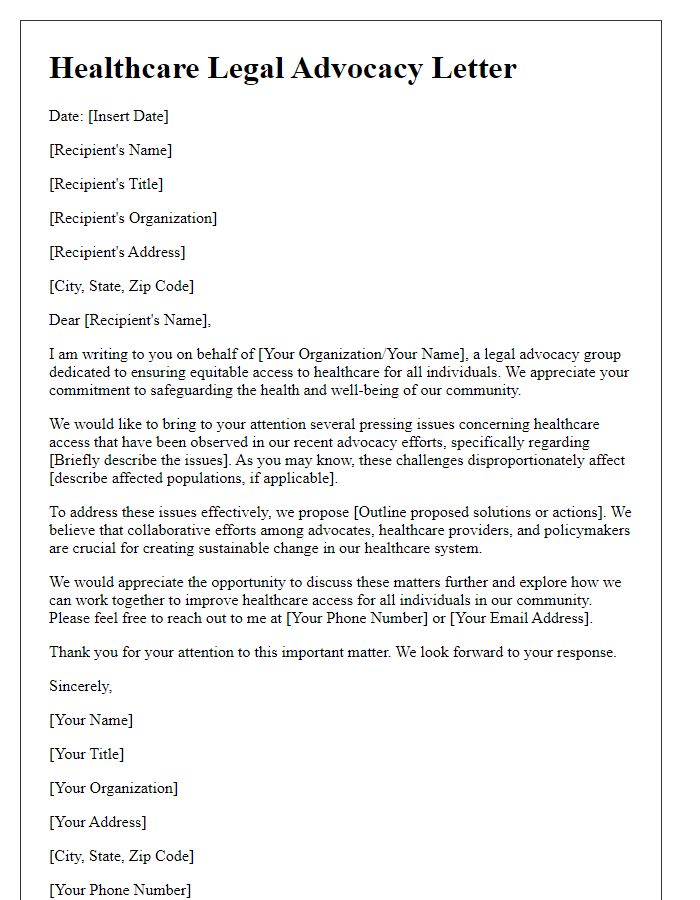
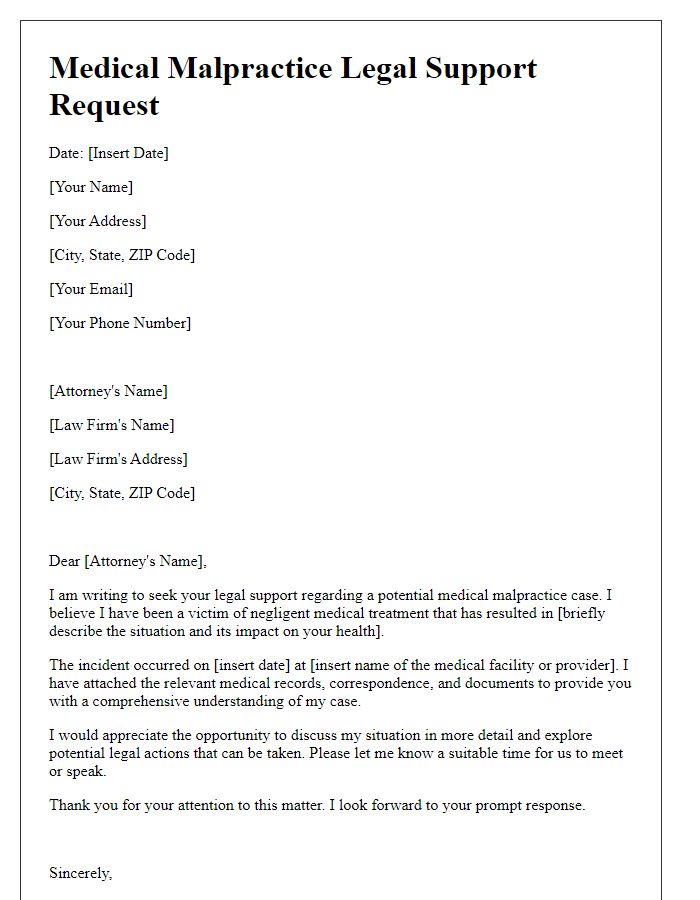
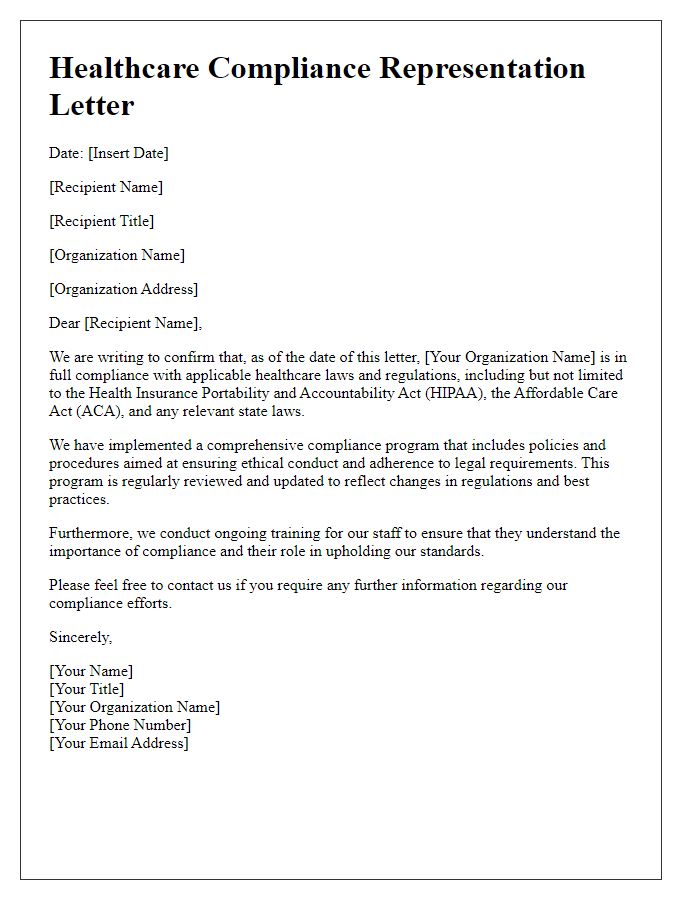
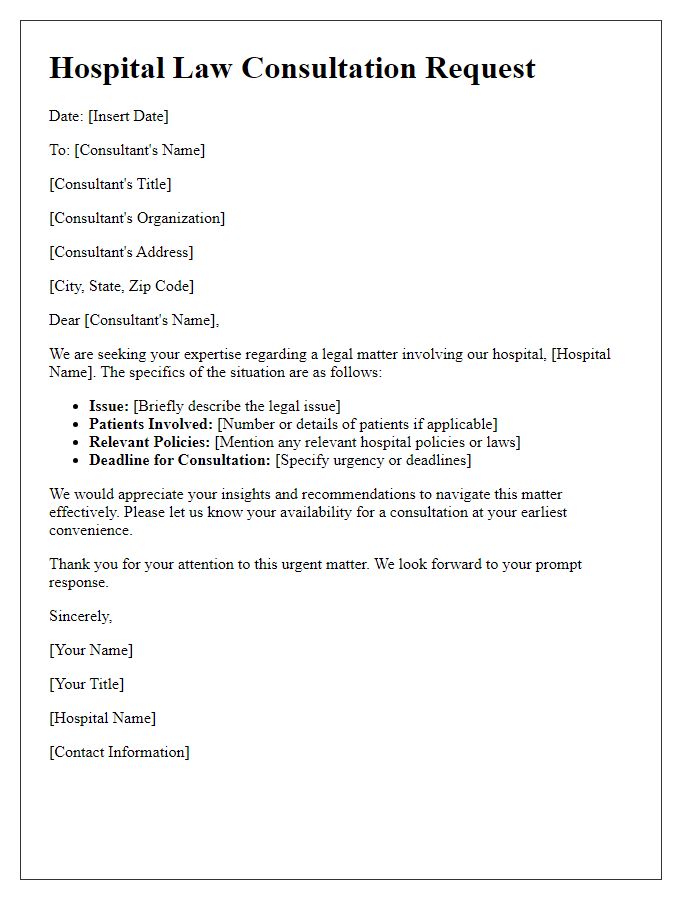
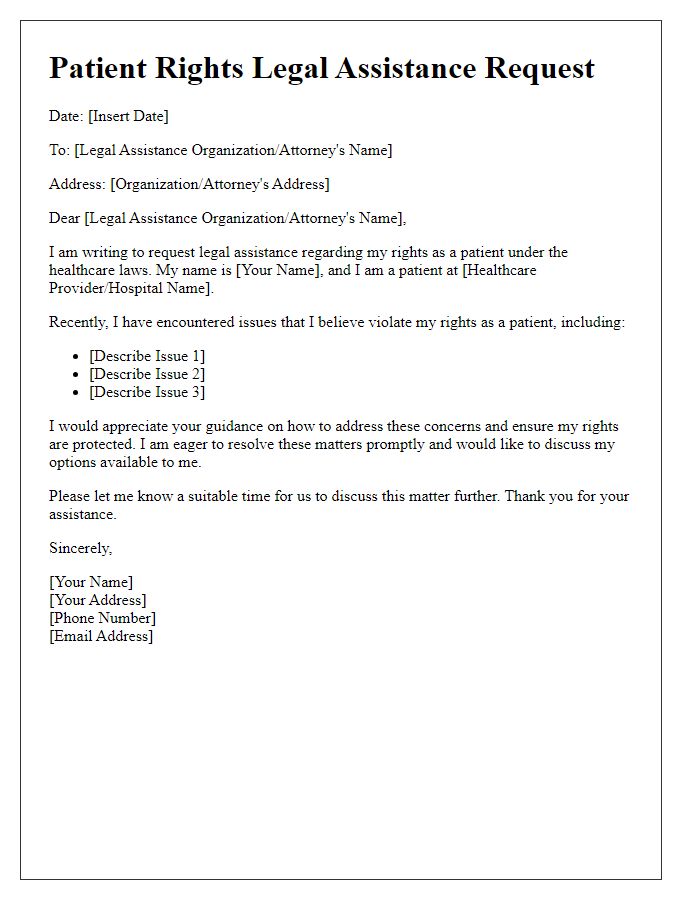
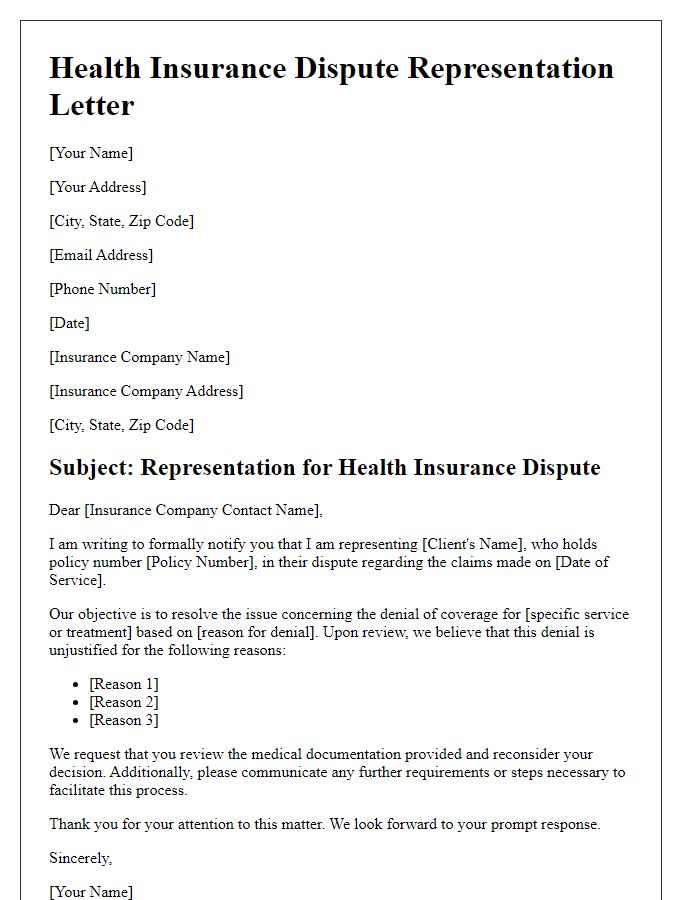
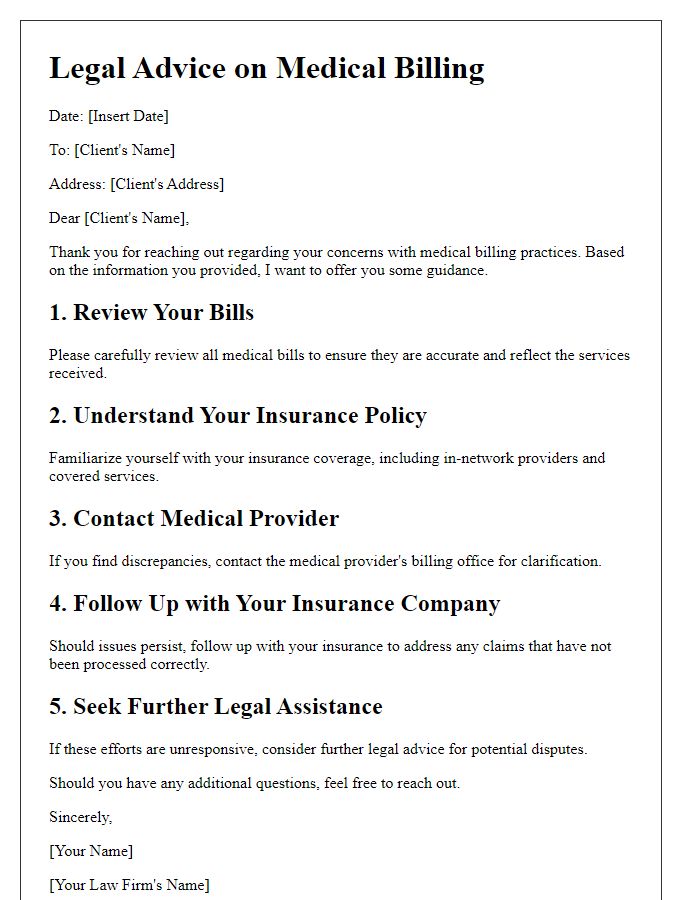
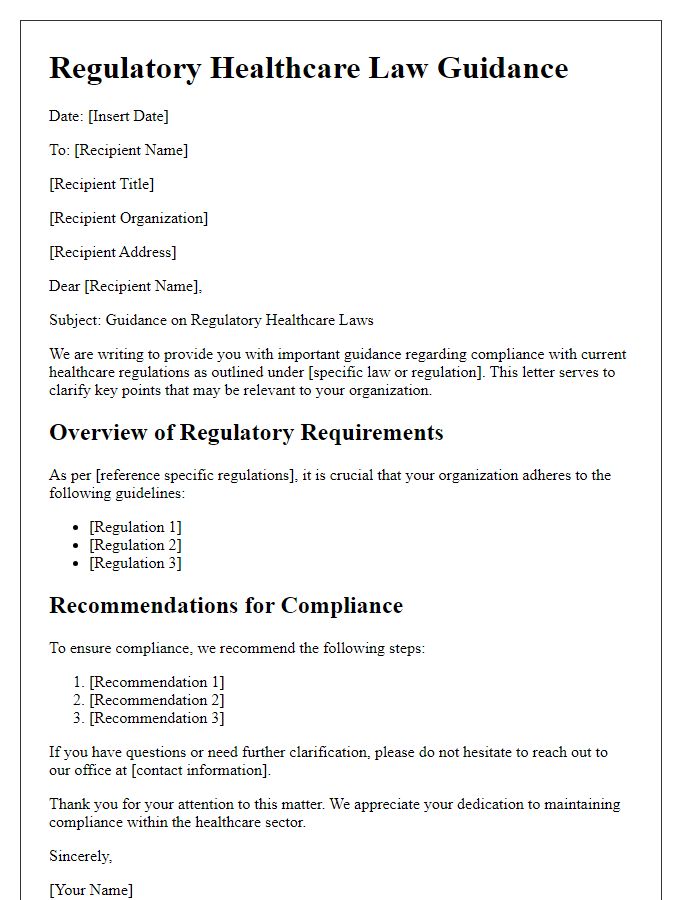
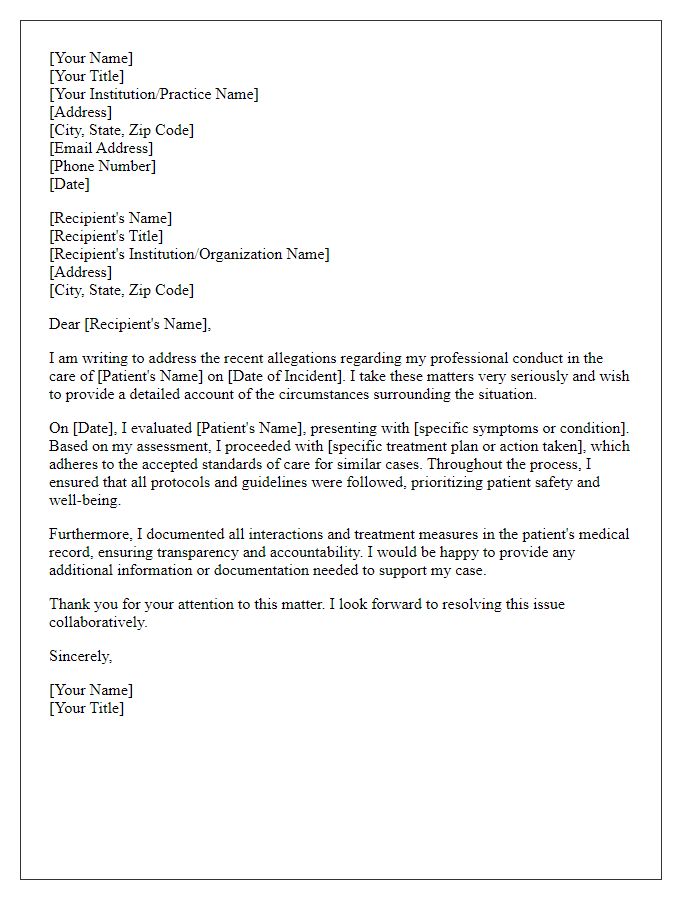
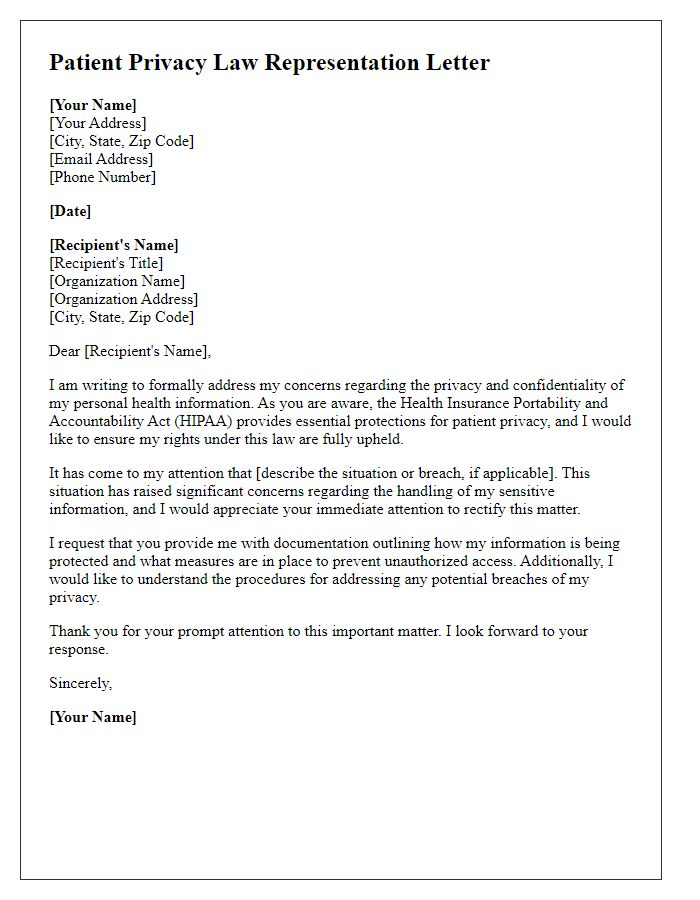


Comments